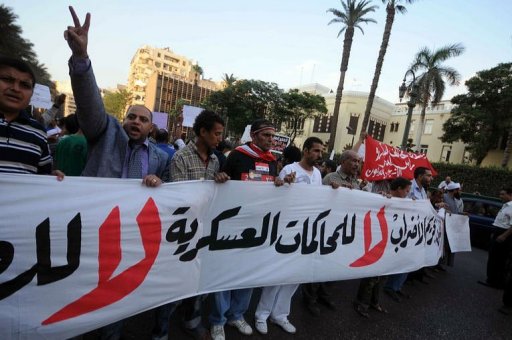A new Pew Research Center Global Attitudes Survey published this week reveals that public attitudes towards the United States around the world continue to deteriorate, as they have for half a decade now, with particularly strong negative views about the US role in Iraq and American-style democracy. The massive survey of 45,000 people in 47 countries contained few surprises or any major new trends: America is still admired by many around the world, and distrusted by many others. The survey results document the strong opposition to both the substance and manner of American foreign policy, but they also tell us something important about the societies being surveyed around the globe. The continued and often deepening negative views of the US on all continents mainly reflect temporary distaste for specific American policies in Afghanistan, Iraq and other lands; but they are also a natural reaction against any global power that projects its might, values and interests around the world. The poll also shows similarly mixed favorable and unfavorable reactions to China and Russia around the world, especially as both of those powers start to impact on other countries, especially in terms of energy, environment or economy. The findings on global public views on American democracy are especially interesting. When asked if they “liked or disliked American ideas on democracy, majorities or pluralities in 33 of 47 polled countries said they disliked American ideas about democracy. Seventy-six percent in France and 92 percent in Turkey expressed dislike – and these two NATO allies are, respectively, a birthplace of modern democracy and a showcase of its taking root in a developing, predominantly Islamic, society. Numerous polls in these and other countries repeatedly show strong commitments to or yearnings for democratic governance. So the problem here is American policy, not democratic principles. One of the short-term dangers of growing anti-Americanism is precisely that budding indigenous movements to promote democracy in developing countries will be seriously set back because democracy activists will not want to be associated with the Bush administration’s erratic rhetoric and violent wars to “promote democracy. In expressing their distaste for the heavy-handed manner in which the US engages the world, ordinary people in many countries also are practicing a kind of anti-colonial or anti-imperial resistance that is common in relations between societies of unequal power. This is most clear in the Middle East, where many Arabs, Iranians and Turks share a common will to resist and defy the US and Israel. History may judge this to be a foolhardy or excessively emotional response to the exercise of American power. All we can say for now is that the dominant political movements and public sentiments throughout the Middle East seem to be unified only in their common opposition to the combination of American-Israeli policies that they see as threatening their well-being, and in some cases their identity and values. This is the only thing that brings together Iran, Syria, Hezbollah, Hamas and ordinary citizens of many different shades and colors, including those who adhere to Islamist, Arab nationalist, progressive, democratic and other political movements in the region. There is a sad and even tragic dimension to this phenomenon as well in the Arab world, because resisting and defying the US and Israel is about the only meaningful way in which ordinary citizens can express themselves politically in many of these countries. All other normal routes of democratic participation or accountable, participatory governance are monopolized by the security-dominated Arab state and its unchanging ruling elites. Democratic politics are likely to remain frozen for some time in this region. This is because the modern Arab security state does not welcome democratic systems, and also because the American-Israeli-driven Western response to Hamas’ election victory in Palestine last year is likely to further dampen popular enthusiasm for democracy. Criticizing American policies is common throughout the world, the Pew poll confirms again, but active collective resistance to the US is emerging in the Arab and Islamic Middle East as a defining attitude of probably a majority of people – and a policy program for many Islamist groups and a few governments. This is partly a response to the immediate threats that people perceive from the US and Israel, but it is also a recurring theme in anti-colonial struggles around the world. Many people in the Middle East see themselves engaged in a battle against Anglo-American-Israeli domination and colonial subjugation. The Anglo-American-Israeli push for war in Iraq and the continued pressure on Iran, Syria, Hamas and Hezbollah have sparked a whole new level of collective political resistance throughout the region. In part this parallels global criticism of the US, but it is also a distinct Middle Eastern historical process of mass self-expression and self-determination in the face of local and foreign powers that have never allowed such processes to occur. Rami G. Khouriis published twice weekly by THE DAILY STAR.


